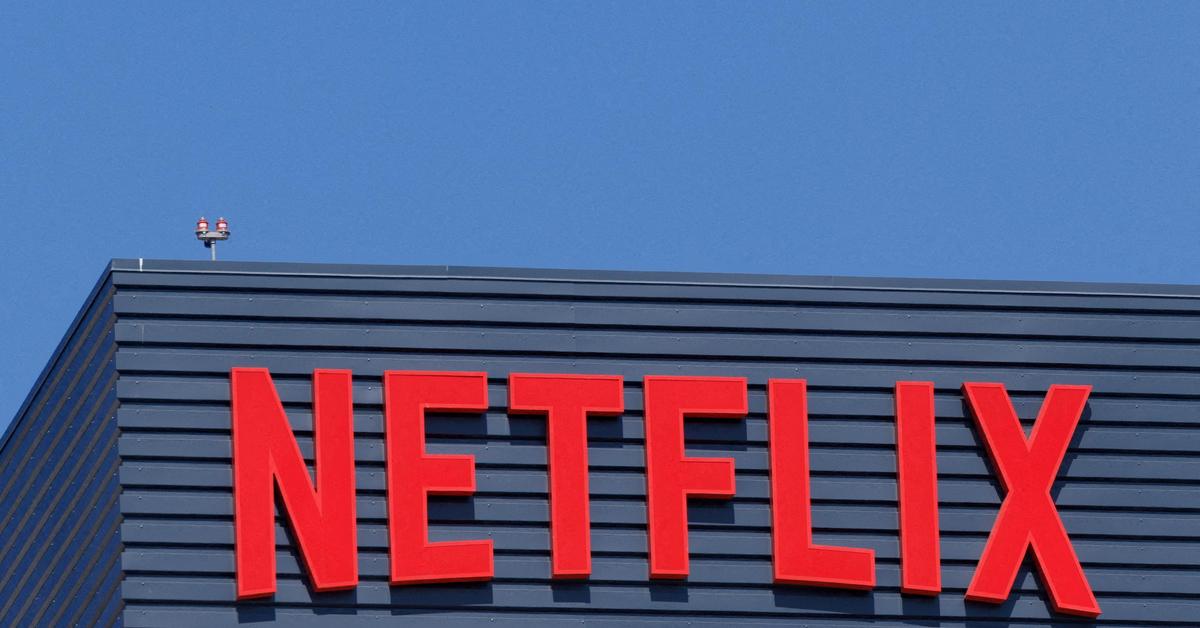💬 “Your argument” Take up your input: Comments from the BR24 community are the reason for this post. 💬
The Herzogenaurach-based automotive and industrial supplier Schaeffler is cutting several thousand jobs in Europe – including jobs in Germany. BR24 user “Alex2317” remembered this in the comment columns and asked: “Didn’t the taxpayer save this company a few years ago?”
Schaeffler has been in the headlines twice in the recent past because of state aid. However, there were a lot of discussions at the time, but ultimately no tax money flowed.
Almost failed due to Conti takeover
Schaeffler first called for government support 15 years ago. In 2008, the automotive supplier wanted to take over its larger competitor Continental. The purchase of Conti shares was financed with debt, at the same time the financial market crisis broke out worldwide. The company was groaning under a mountain of debt totaling 22 billion euros and the banks were becoming increasingly nervous.
Management and employees called for government aid, including in the form of guarantees. Initially, no money flows. The guarantor – in this case the federal government or the affected states – only have to pay if the company cannot repay the debt.
However, there was already a lot of criticism of Schaeffler back then, especially when billionaire Maria-Elisabeth Schaeffler appeared in public in 2009 wearing an expensive mink coat while at the same time demanding government aid for her family business. You can’t call for state aid in a mink coat, said the then Labor Minister and current Chancellor Olaf Scholz coldly.
And it stayed that way. The company declined to apply at the time, as head of communications Axel Lüdeke emphasized on Tuesday. With the help of its employees and the banks, Schaeffler managed to get back on its feet.
Corona also hits this supplier
Years later, the next crisis came: Covid-19 policy also forced Schaeffler to close its factories in order to protect employees and avoid the virus spreading. The company gates were only gradually reopened.
But the forced break pushed the company deep into the red: staff were already cut back then, with 1,900 jobs lost across Europe. CEO Klaus Rosenfeld said in the first quarter of 2020 that they could get by without state aid. And it stayed that way, emphasizes head of communications Lüdeke in the BR24 interview. According to everything he knows, he has never received any state aid until now – and he has been with the company since 2018.


